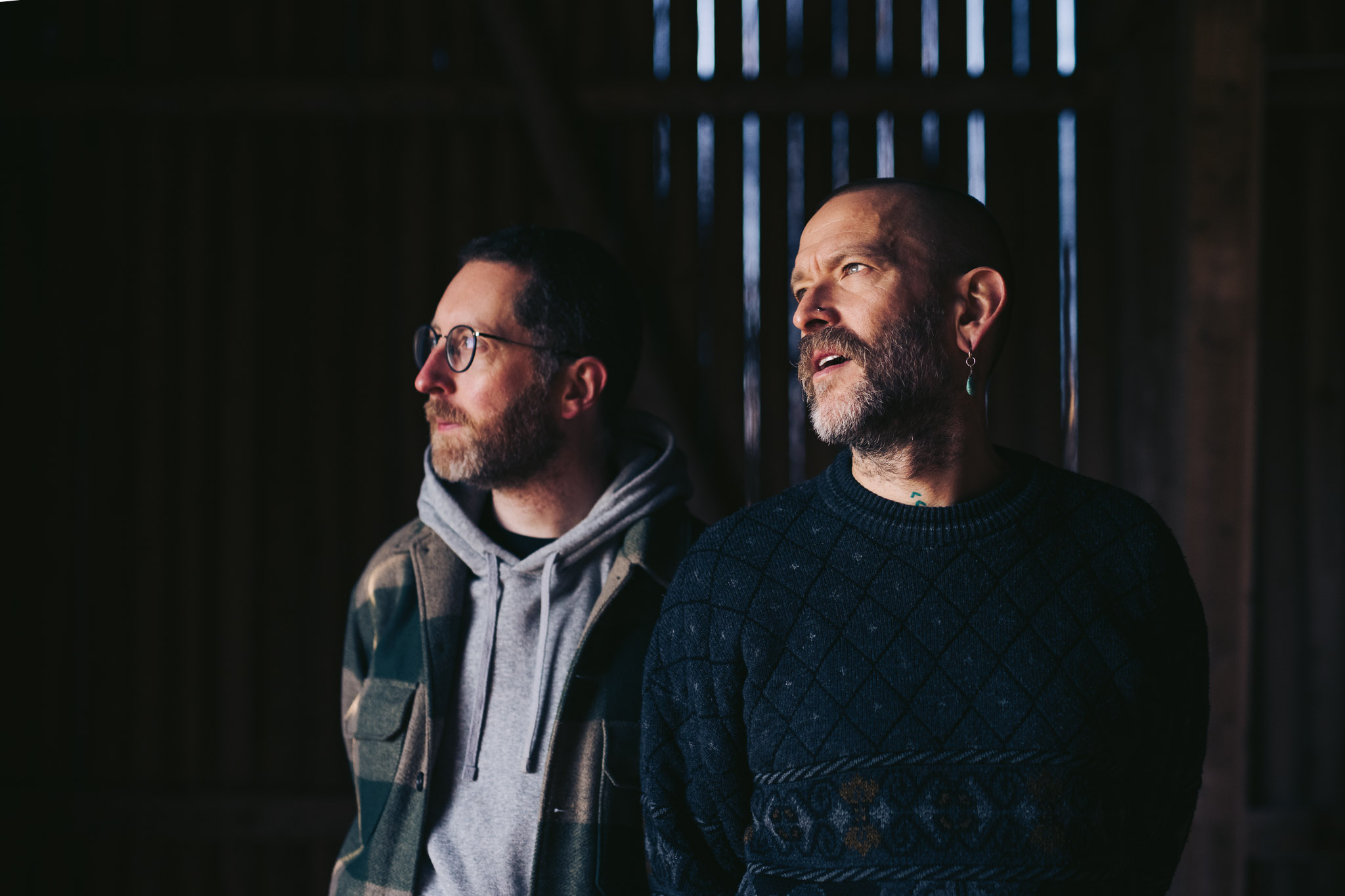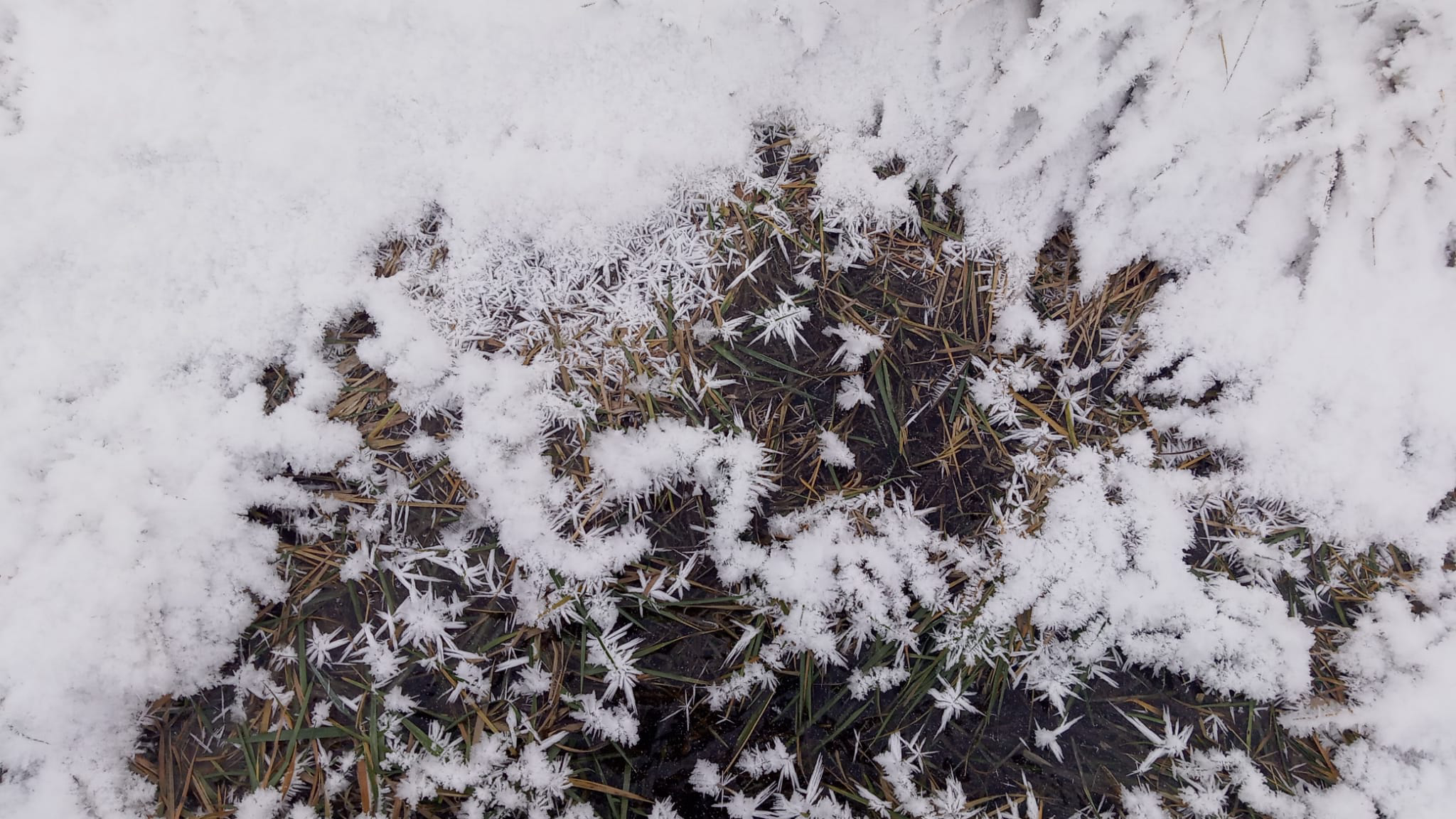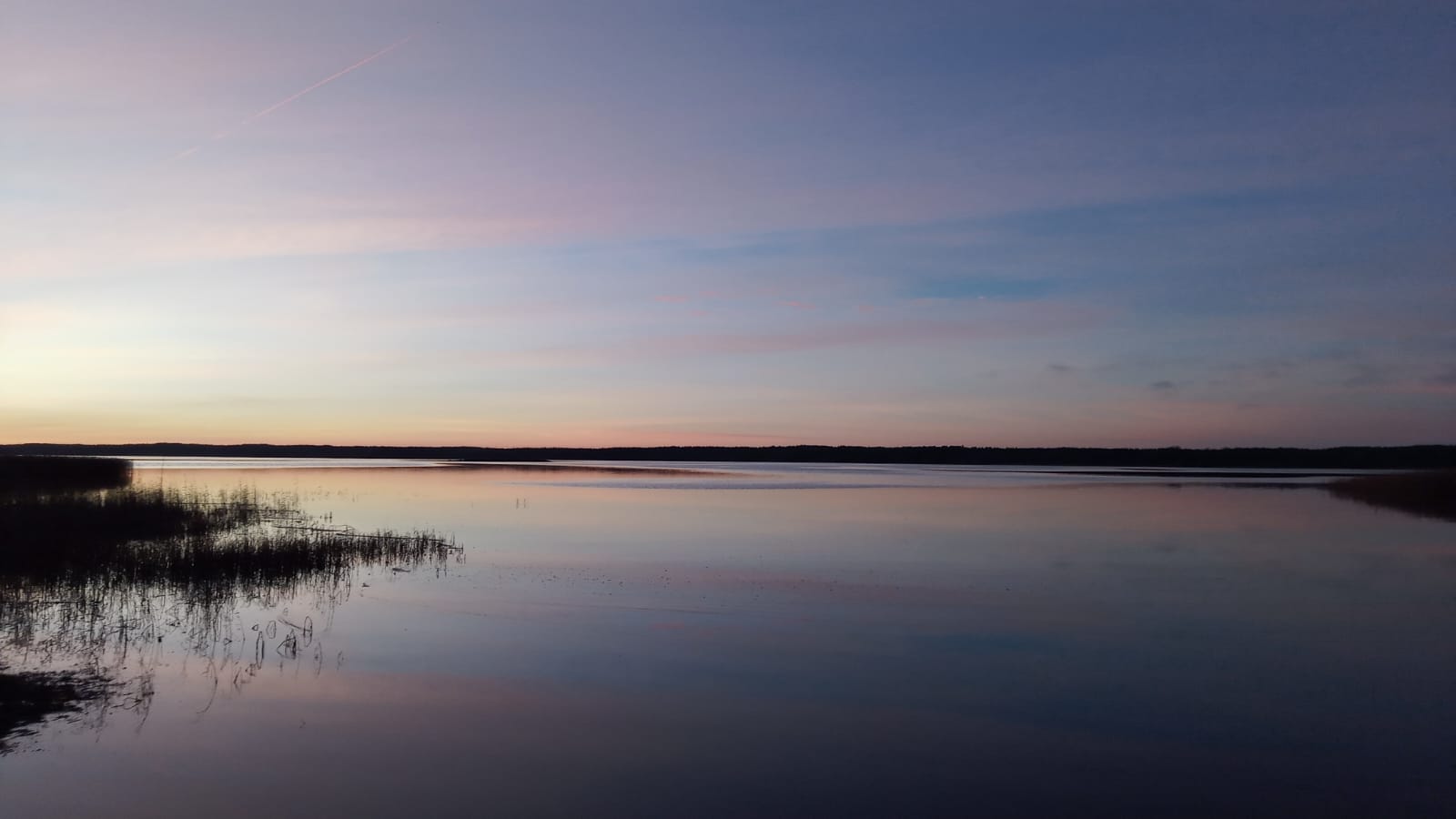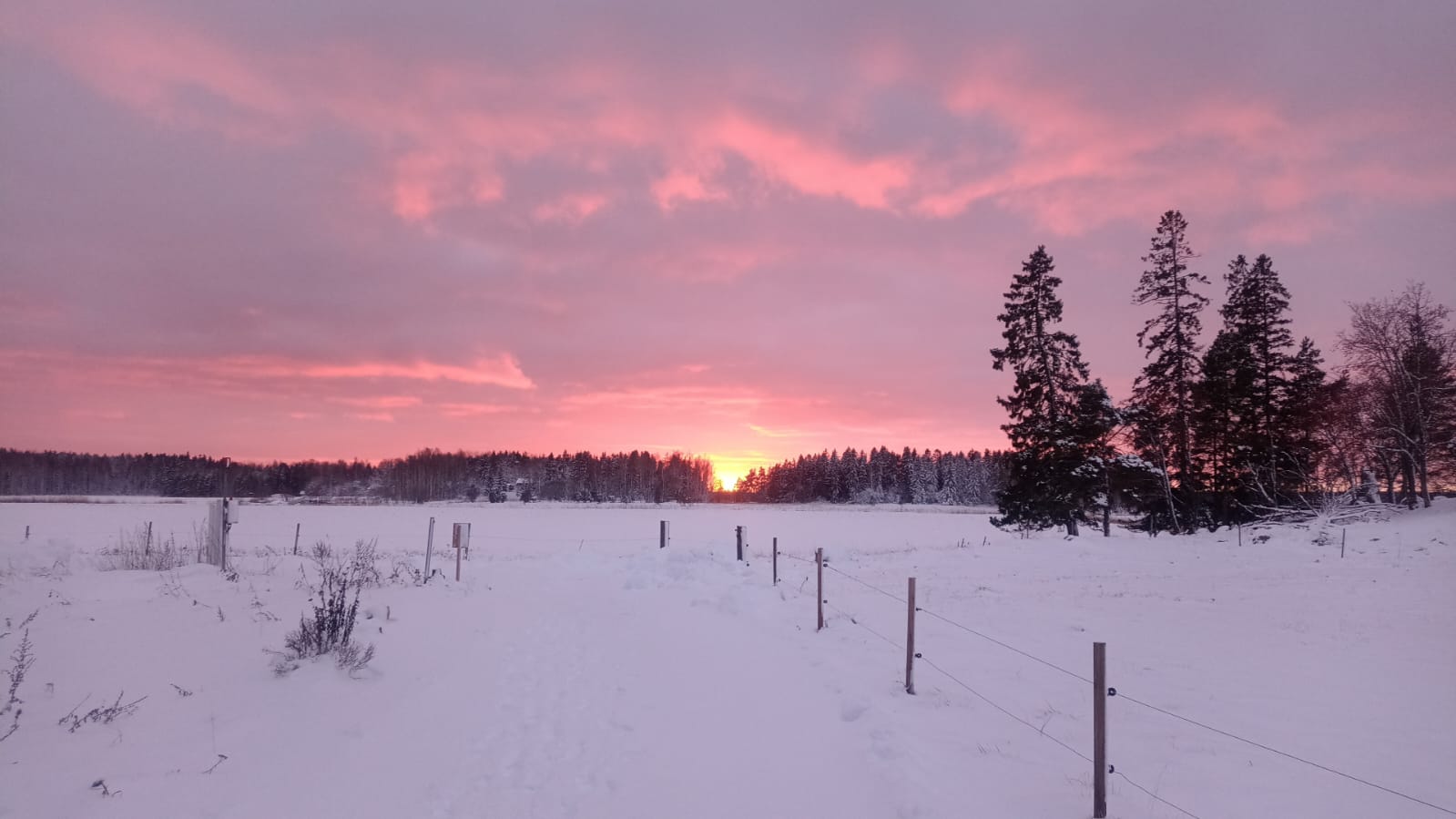‘Crip-Queer Rurality’ as an Artistic Methodology
Format: Research project; residency
Dates: Nov-Dec 2024
Venue: Saari Residence, Mynämäki (FI)
Language: English
Publication: Online
Dates: Nov-Dec 2024
Venue: Saari Residence, Mynämäki (FI)
Language: English
Publication: Online

Research, text, documents: ONCE WE WERE ISLANDS
ONCE WE WERE ISLANDS is Chris Gylee and Aslan. A Queer performance and art collective who creates work from performance, writing, and constellations of multidisciplinary forms including film, songwriting, publication. It is our passion to explore Queer and disabled life experiences through autoethnography, ethical exploration, science fiction, and a love of the forest. Through our work, we explore the changing interdependent ecologies of our ageing bodies and tell stories that are not commonly told in ways that speak to the body, the mind, and the emotions.
A residency at Saari will give us the chance to create time and space to more fully investigate how a ‘Crip-Queer’ approach, with an emphasis on rurality and sustainability in its broadest sense, will transform our work as a performance collective. It will also enable us to do this in a calm and peaceful rural environment and with a community of other artists close by to exchange with and to challenge and deepen our investigation. This residency will enable us to take a radical approach to accessibility by bringing it to the heart of our working processes, thematic focus, and creative methodology. We wish to discover access as a driving force in our work rather than an afterthought or a practical problem to solve. We wish to give space to ways in which our working practices can change and evolve.
A residency at Saari will give us the chance to create time and space to more fully investigate how a ‘Crip-Queer’ approach, with an emphasis on rurality and sustainability in its broadest sense, will transform our work as a performance collective. It will also enable us to do this in a calm and peaceful rural environment and with a community of other artists close by to exchange with and to challenge and deepen our investigation. This residency will enable us to take a radical approach to accessibility by bringing it to the heart of our working processes, thematic focus, and creative methodology. We wish to discover access as a driving force in our work rather than an afterthought or a practical problem to solve. We wish to give space to ways in which our working practices can change and evolve.
Access is much more than a theoretical and ethical consideration for ONCE WE WERE ISLANDS. In February 2023, Aslan was diagnosed as autistic. Even though we have been dealing with Aslan’s specific access needs in an informal way for as long as we have been working together, an official diagnosis has convinced us that the time has come for us to stop and take time and space out of our daily routines to examine how disability affects and informs our lives and the way we make work togethe

Audio Presentation
How Did / Do / Would You Feel If / When ?
25. November 2024
*Original framing text edited for web publication
For the presentation today, we made a short audio track (circa 12 minutes, also available as a PDF transcription) as a way of sharing some of our ideas and working practices with you. It is not an artwork, or even a finished work. It is something we made quite quickly for the purposes of this presentation exercise. The audio track consists of a series of questions that we have asked each other while we have been here at Saari. The questions reflect specific experiences we have had. We don’t offer any answers. Instead, we wonder what the questions might open up for you or what further questions and associations they might prompt. Perhaps some will resonate more than others. Perhaps none of them connect to your experience. Perhaps you have other more urgent-to-you questions.
Walking and talking is a huge part of our artistic practice — to figure things out together, outdoors, in movement — and we have attempted to share a sense of that process by using our recorded voices in conjunction with sampled field recordings of the outdoors. We chose not to go on a walk together as a group as this is not accessible for Aslan, and instead invite you to listen to the audio in a place where you do not have to consider interacting or negotiating the space with others — where you can feel comfortable and at ease.
After you have listened to the track, please take the 10 minute reflection time to think, rest, decompress or have a short conversation with a friend — or whatever else feels right to you. You can also share your thoughts with us by writing us a letter or an email, if you wish to.

Open Access Document
Working as a NeuroQueer Artist:
Loose & Messy Tips & Tricks
09. December 2024
This is not a manifesto. This is not an access rider. This is not a policy document. These are some things we do in our practices. Access is love and access is a conversation. We love you. Come talk with us.

Reading List
Care Work — Dreaming Disability Justice
Leah Lakshmi Piepzna-Samarasinha
The Future is Disabled — Prophecies, Love Notes, and Mourning Songs
Leah Lakshmi Piepzna-Samarasinha
Authoring Autism: On Rhetoric and Neurological Queerness (Thought In The Act)
Melanie Yergeau
Empire of Normality
Robert Chapman
In My Language (8 min 36 sec)
Mel Baggs
Reimagining the Autistic Mother Tongue
Jane Shi
Autism and Emotional Labour
Ada Hoffman
Access Intimacy: The Missing Link
Mia Mingus


Landscape photography by ONCE WE WERE ISLANDS and portrait photography by Jussi Virkkumaa / Saari Residence
‘Crip-Queer Rurality as an Artistic Methodology’ is a research project by ONCE WE WERE ISLANDS, supported by Saari Residence and the Kone Foundation.
Additional thanks to: the staff at Saari Residence and our co-residents; Juliana Irene Smith & Arvid van der Rijt; Elliott Cennetoglu; Ilmari Tiitinen; Debi Kuisma & Ida Loukkaanhuhta; Nadja Leham; Kit Gee; everyone who communicates their needs to us.
‘Crip-Queer Rurality as an Artistic Methodology’ is a research project by ONCE WE WERE ISLANDS, supported by Saari Residence and the Kone Foundation.
Additional thanks to: the staff at Saari Residence and our co-residents; Juliana Irene Smith & Arvid van der Rijt; Elliott Cennetoglu; Ilmari Tiitinen; Debi Kuisma & Ida Loukkaanhuhta; Nadja Leham; Kit Gee; everyone who communicates their needs to us.